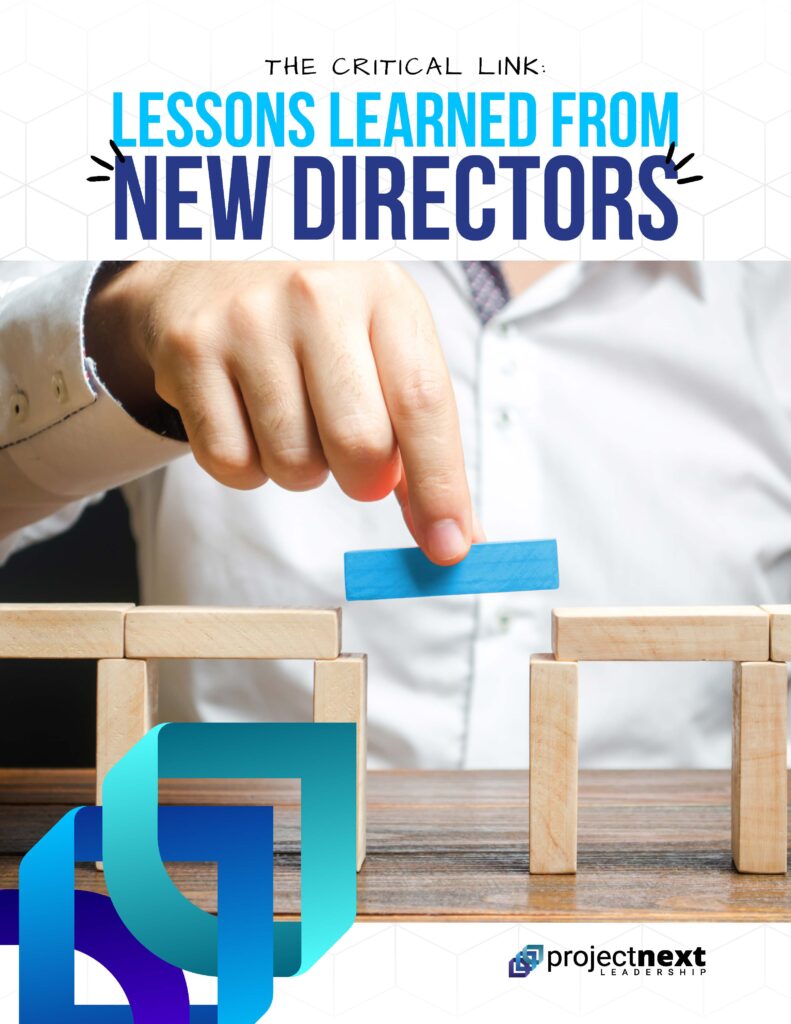Executive coaching has recently seen a dramatic rise in demand, becoming a mainstream method for corporate leaders to improve their performance. The past year has fueled that fire. With the dramatic shifts and complex dynamics of current times, the role of the corporate leader has gotten even harder. Executives are not only facing more complex challenges to achieve business results, but they’re also being personally tested in ways that require them to build more resilience and to sustain their efforts.
The good news is that there are lots of executive coaches out there to meet these needs. The bad news? Not all of these coaches are prepared and qualified to meet the distinct needs of senior executives as they navigate quite a different world than their more junior colleagues.
What’s different about coaching senior executives? Given our focus on this population, we have found five keys to making these engagements provide high value for senior leaders:
Use the right toolkit. Through our research, we have found that the capabilities required to be a senior leader are fundamentally different than those for mid or junior level leaders. For example, senior leaders need to build trust at scale, manage a large portfolio of stakeholders, and carefully manage what they do and say to create the impact they want to have. Given these distinctions, coaching should focus on those attributes that make senior executives successful. And the more the coach understands these realities, the more effective they can be.
Recognize that it’s all about the team. Through our extensive experience in coaching senior executives, we’ve seen the critical importance of having a strong team of direct reports. As one senior leader recently put it, “If you have a strong team, everything is easy. If you have a weak team, everything is hard.” One of our primary and early tasks with senior leaders is to look at the capabilities and motivations of each direct report on their team. Does the leader have the right team members ready to execute on their priorities? Are these individuals aligned and motivated to achieve these goals? If the team isn’t ready, it has to be an executive’s top priority to upgrade, one way or another.
Make it quick, and make it practical. Expectations for success at the senior level are high, and timelines for productivity are short. One former CEO told us “never underestimate how quickly your stakeholders expect you to create results.” Coaching needs to translate to “early wins” and noticeable successes. And, given the extreme demands on senior executives’ time, coaching needs to be highly efficient and applicable right away.
Motivate through data. As a senior leader, it’s easy to think “well I must be good at most things, or I wouldn’t be where I am.” By using objective data to identify key strengths and development areas, coaches can create both the motivation and the focus for improvement. Having real data also enables more meaningful ways to measure progress.
Recognize that it is a sprint and a marathon. The pace of senior roles is almost always intense and unrelenting. We’ve found that it’s important to help senior leaders unlock the ways to keep their energy, stamina, optimism and health while leading in these demanding roles. Too many leaders have transitioned into senior roles without the scaffolding to maintain their resilience. As one retired CEO has told us, “All senior leaders have the same amount of the one resource that matters most: time. What you do with that resource makes the biggest difference.”
An effective coach working with a senior executive can make a dramatic difference in the quality and speed of that leader’s performance. But make no mistake, it’s critical that the coach understands the very different realities of leading at senior levels.


